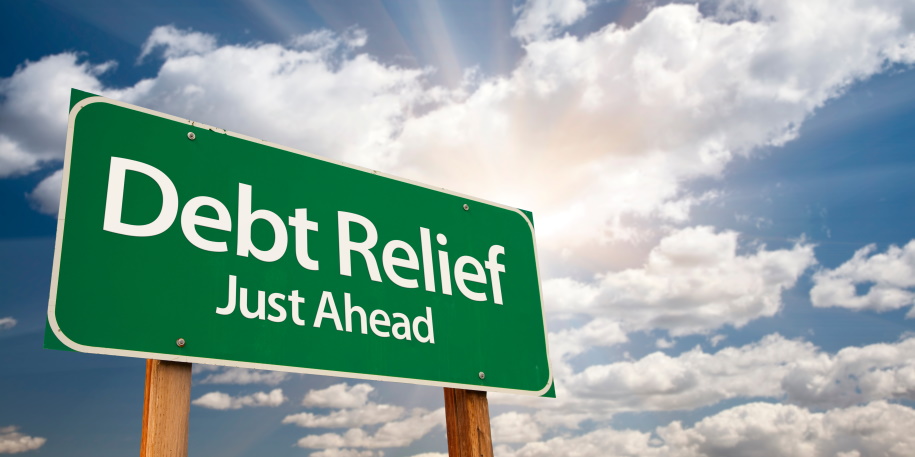Get Your Financial Life Back on Track With the Help of Denver Bankruptcy Attorney The Wink Law Firm
Filing for bankruptcy can wipe out many of your debts. This can be a huge help when you’re dealing with overwhelming debt and can’t otherwise find a smart way out on your own.
Other debts, however, you may still be expected to pay off after filing for bankruptcy, or you may have to forfeit the asset entirely to the creditor.
In bankruptcy cases, debt is broken down into two categories: secured debt and unsecured debt. Most people have both kinds of debt.
Which category a particular debt falls into will affect whether you’ll be required to pay back the debt or lose the asset, or if you can have the debt wiped out completely after filing for bankruptcy.
Additionally, secured and unsecured debts may be treated differently whether you file for Chapter 7 bankruptcy or Chapter 13 bankruptcy.
To learn more about your debts and what may happen to them when filing for bankruptcy, speak with a bankruptcy attorney, such as The Wink Law Firm of Denver, Colorado which specializes in debt settlement and bankruptcy. Debt settlement attorneys not only provide guidance and aid, they also work to help you keep as many of your assets as possible in your bankruptcy case.
Let’s get into the different types of debt and how they may affect your case.
Secured Debt
Secured debt is a debt that has a physical asset, such as property, which is used as collateral. If you default on paying back the debt – as in, you don’t pay it back – the creditor can then take the asset back.
The two most common examples of secured debt are home mortgages and auto loans. If you fail to pay your mortgage, the lender may then take your house back through a process known as foreclosure. Same if you fail to pay back the loan for your car – the lender may then seize your car through a process known as repossession.
Unsecured Debt
In the case of unsecured debt, creditors are not allowed to take back the property if you fail to pay off the debt. They must go through additional processes, such as hiring a debt collection attorney, filing a lawsuit in court, and obtaining a court order to get the money that you owe them. Once an unsecured creditor does this, it can collect by garnishing your wages or funds in the bank. It can also file a lien on your home which, if it does this, would turn it into a secured creditor.
Some examples of unsecured debt include:
- Credit cards
- Personal loans
- Medical bills
- Utility bills
- Back rent after a broken lease
So, for example, if you use a credit card to buy a new TV, but fail to pay off the credit card debt, the creditor can’t come and take your TV.
To learn more about how your debts will be categorized, consult a bankruptcy law firm, such as Colorado-based The Wink Law Firm. Filing for bankruptcy without a bankruptcy lawyer is a difficult, overwhelming process. A skilled attorney will make sure your case gets the best result possible.
Secured and Unsecured Debts in Chapter 7 Bankruptcy
In a Chapter 7 bankruptcy, a court-appointed bankruptcy trustee will liquidate any of your nonexempt assets to help pay off debts. Nonexempt assets include money in a bank account greater than $2,500, investments other than what’s in retirement accounts or health savings accounts, and antiques.
The proceeds from any non-exempt assets liquidated by the bankruptcy trustee will be distributed to your creditors, any remaining unsecured debts will be discharged. You will not have to pay them.
For secured debts, you will either have to let the creditor take back the collateral (such as your car) or keep making payments to eventually pay off the debt. In certain cases, however, may be able to reduce what you owe on the secured debt to the fair market value of the asset instead of the full balance owed on the loan.
Secured and Unsecured Debts in Chapter 13 Bankruptcy
Chapter 13 bankruptcies include a repayment plan to pay back debts over three to five years. You may be able to reduce the interest rate or even the balance owed on a secured debt by paying it through your bankruptcy payment plan. You may also choose to simply pay your secured debt outside of your bankruptcy payment plan if you like the terms of that loan. Or, you can surrender the collateral in bankruptcy and get out of the debt altogether, although this also entails losing the asset.
You may not, however, be required to pay back any of your unsecured debts in Chapter 13. This depends on your income, assets, and other debt. Regardless of whether you pay back some or none of your unsecured debt in Chapter 13, whatever’s left over by the time you complete the repayment plan will be discharged (i.e., you get out of it).
Are Any Debts Not Dischargeable At All?
Bankruptcy won’t allow you to discharge some debts, even if they are considered unsecured. Examples include:
- Alimony
- Child support
- Some tax debts
- Student loans
- Debts as a result of a drunk driving charge
You’ll still be expected to pay those back after bankruptcy, or possibly during a Chapter 13 bankruptcy.
Speak With a Denver Bankruptcy Lawyer Today
If you’re in need of debt settlement, it’s time to speak with Denver bankruptcy lawyers The Wink Law Firm. The sooner you get started, the sooner you can get debt relief and get your financial life back on track. Contact us online or call (720) 523-0620 today.

